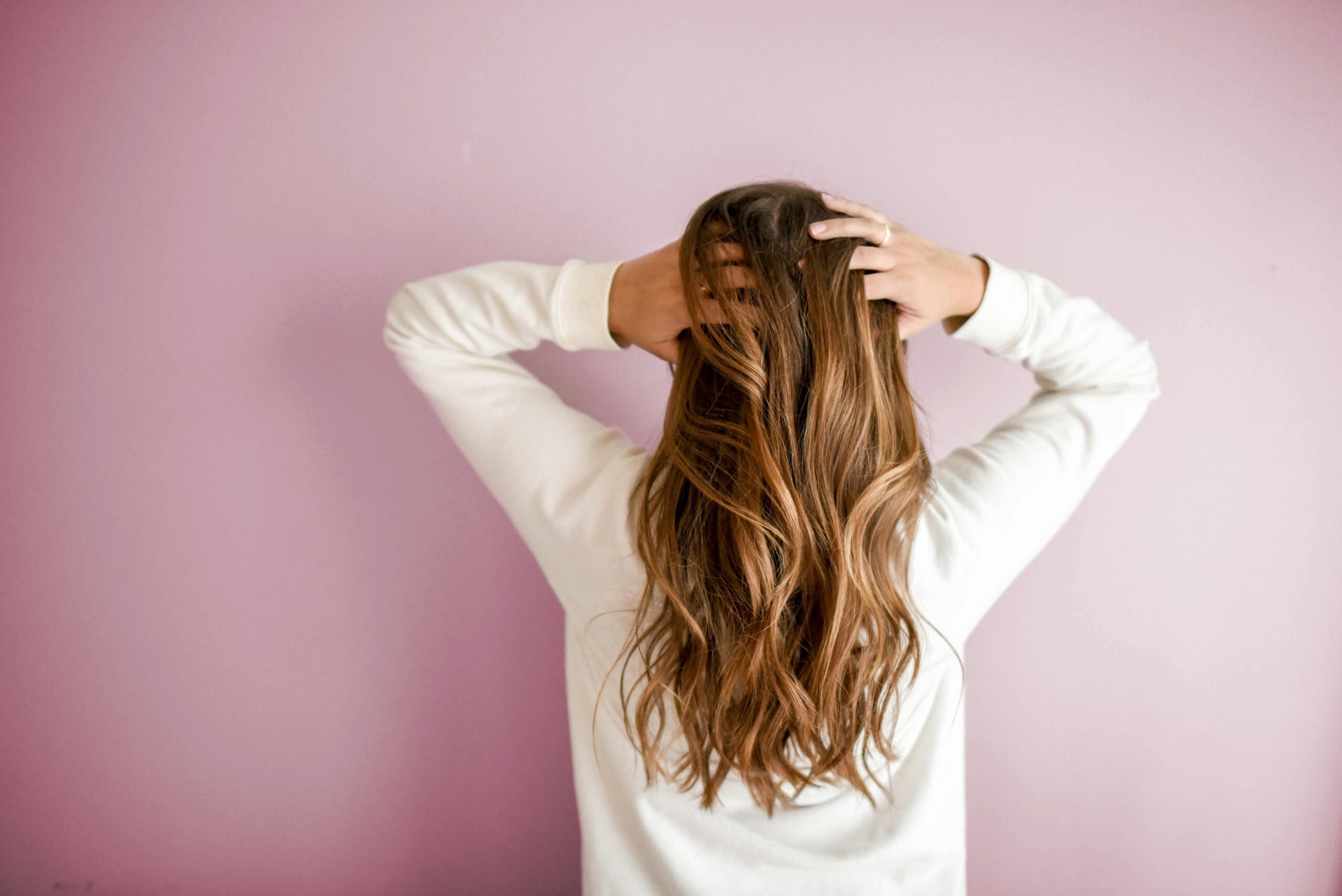Hair Fall Diets That Promote Healthy Hair
Hair fall is a widespread concern affecting both men and women globally. While genetics, stress, and hormonal imbalances play a role, nutritional deficiencies are a leading cause of excessive hair shedding. Fortunately, a well-balanced diet packed with essential vitamins, minerals, and proteins can help nourish hair follicles and promote strong, healthy hair growth. In this detailed guide, we explore the best diets, key nutrients, and lifestyle habits that can help combat hair fall naturally.
The Role of Nutrition in Hair Health
Hair is primarily composed of a protein called keratin, and its growth depends on a steady supply of essential nutrients. A diet lacking in key vitamins, minerals, and proteins can weaken hair follicles, making them more prone to shedding. Conversely, a nutrient-rich diet can strengthen hair from the inside out, improving texture, shine, and thickness while reducing breakage and hair fall.
Essential Nutrients for Hair Growth
1. Protein: The Building Block of Hair
Since hair is made up of keratin, consuming adequate protein is essential for healthy growth and reduced hair fall.
Best Protein Sources:
- Lean meats (chicken, turkey, fish)
- Eggs
- Dairy products (Greek yogurt, cheese, milk)
- Legumes (lentils, beans, chickpeas)
- Nuts and seeds (almonds, flaxseeds, sunflower seeds)
2. Iron: Boosting Oxygen Supply to Hair Follicles
Iron deficiency can cause anemia, leading to weak and brittle hair that falls out easily.
Iron-Rich Foods:
- Red meat
- Spinach
- Lentils
- Pumpkin seeds
- Quinoa
- Fortified cereals
3. Vitamin A: Keeping the Scalp Hydrated
Vitamin A helps produce sebum, the natural oil that keeps the scalp moisturized and hair strong.
Vitamin A Sources:
- Carrots
- Sweet potatoes
- Kale
- Mangoes
- Liver
4. Biotin (Vitamin B7): Strengthening Hair Strands
Biotin is a well-known vitamin for promoting thicker, stronger hair and preventing breakage.
Biotin-Rich Foods:
- Eggs
- Nuts (almonds, walnuts, peanuts)
- Whole grains
- Bananas
- Mushrooms
5. Omega-3 Fatty Acids: Preventing Hair Dryness and Inflammation
Omega-3s nourish the scalp, keeping hair hydrated and reducing hair loss.
Best Omega-3 Sources:
- Fatty fish (salmon, mackerel, sardines)
- Chia seeds
- Walnuts
- Flaxseeds
6. Vitamin C: Enhancing Collagen Production
Vitamin C aids in collagen synthesis, which strengthens hair and supports iron absorption.
Sources of Vitamin C:
- Oranges
- Berries (strawberries, blueberries, raspberries)
- Bell peppers
- Kiwi
- Tomatoes
7. Zinc: Preventing Hair Thinning and Scalp Issues
Zinc plays a vital role in tissue growth and repair, preventing dandruff and hair thinning.
Zinc-Rich Foods:
- Oysters
- Pumpkin seeds
- Beef
- Chickpeas
- Cashews
Top Diets for Preventing Hair Fall
1. Mediterranean Diet
The Mediterranean diet is known for its anti-inflammatory properties and hair-nourishing foods.
Key Foods:
- Olive oil
- Nuts and seeds
- Fresh fruits and vegetables
- Whole grains
- Fatty fish
2. Plant-Based Diet (Vegan/Vegetarian)
A well-balanced plant-based diet can support hair health by providing essential nutrients from non-animal sources.
Best Plant-Based Foods for Hair Health:
- Lentils
- Spinach
- Avocados
- Chia seeds
- Almonds
3. High-Protein Diet
A protein-rich diet ensures hair follicles receive enough amino acids for keratin production.
Recommended Foods:
- Chicken breast
- Greek yogurt
- Tofu
- Quinoa
- Eggs
4. Low-Glycemic Index (GI) Diet
A low-GI diet prevents blood sugar spikes that can contribute to hair loss.
Low-GI Foods:
- Whole grains
- Legumes
- Nuts
- Leafy greens
Foods to Avoid for Reduce Hair Fall
Certain foods can contribute to hair fall and should be limited.
- Sugary Foods: Excess sugar can cause inflammation, disrupting hair follicle function.
- Highly Processed Foods: Junk food lacks the essential nutrients needed for hair growth.
- Excess Caffeine and Alcohol: These can dehydrate hair follicles, leading to brittle strands.
- Trans Fats: Found in fried and processed foods, they can increase inflammation and weaken hair follicles.
Sample Daily Meal Plan for Hair Growth
Breakfast:
- Scrambled eggs with spinach
- Whole grain toast with avocado
- Fresh orange juice or a smoothie with berries
Lunch:
- Grilled salmon with quinoa and steamed broccoli
- Green tea or infused water with lemon
Snack:
- A handful of walnuts and sunflower seeds
- Yogurt with berries
Dinner:
- Lentil soup with whole-grain bread
- Mixed green salad with olive oil dressing
- Herbal tea
Additional Tips for Control Hair Fall
1. Stay Hydrated
Drink at least 8 glasses of water daily to maintain scalp hydration and prevent dry, brittle hair.
2. Reduce Stress
High stress levels can trigger hair fall. Practice relaxation techniques like meditation, yoga, and deep breathing.
3. Avoid Heat Styling
Excessive use of blow dryers, straighteners, and curling irons can weaken hair strands.
4. Massage Your Scalp
Regular scalp massages stimulate blood circulation, enhancing hair growth and reducing hair fall.
5. Use Natural Hair Care Products
Opt for sulfate-free, paraben-free shampoos and conditioners to avoid harsh chemicals that damage hair.
6. Get Enough Sleep
Lack of sleep affects hair regeneration and overall scalp health. Aim for 7-9 hours of quality sleep per night.
Conclusion
The right diet plays a crucial role in preventing hair fall and promoting strong, shiny, and healthy hair. By incorporating nutrient-dense foods, staying hydrated, managing stress, and following a proper hair care routine, you can significantly reduce hair loss and improve overall hair quality. Take proactive steps today by adjusting your diet and lifestyle to support long-term hair health.
